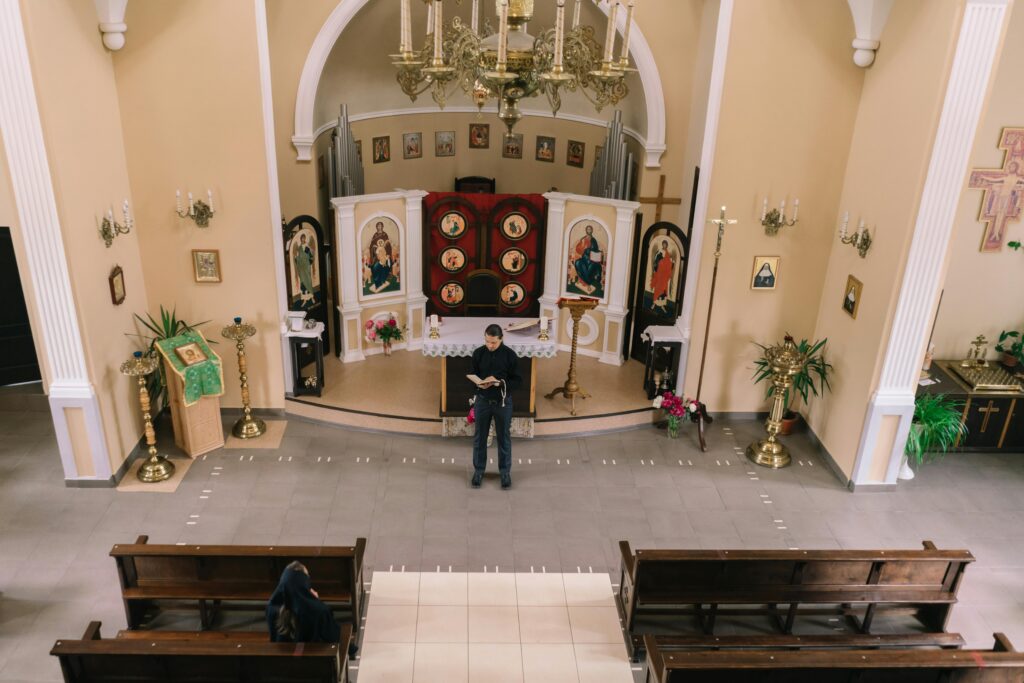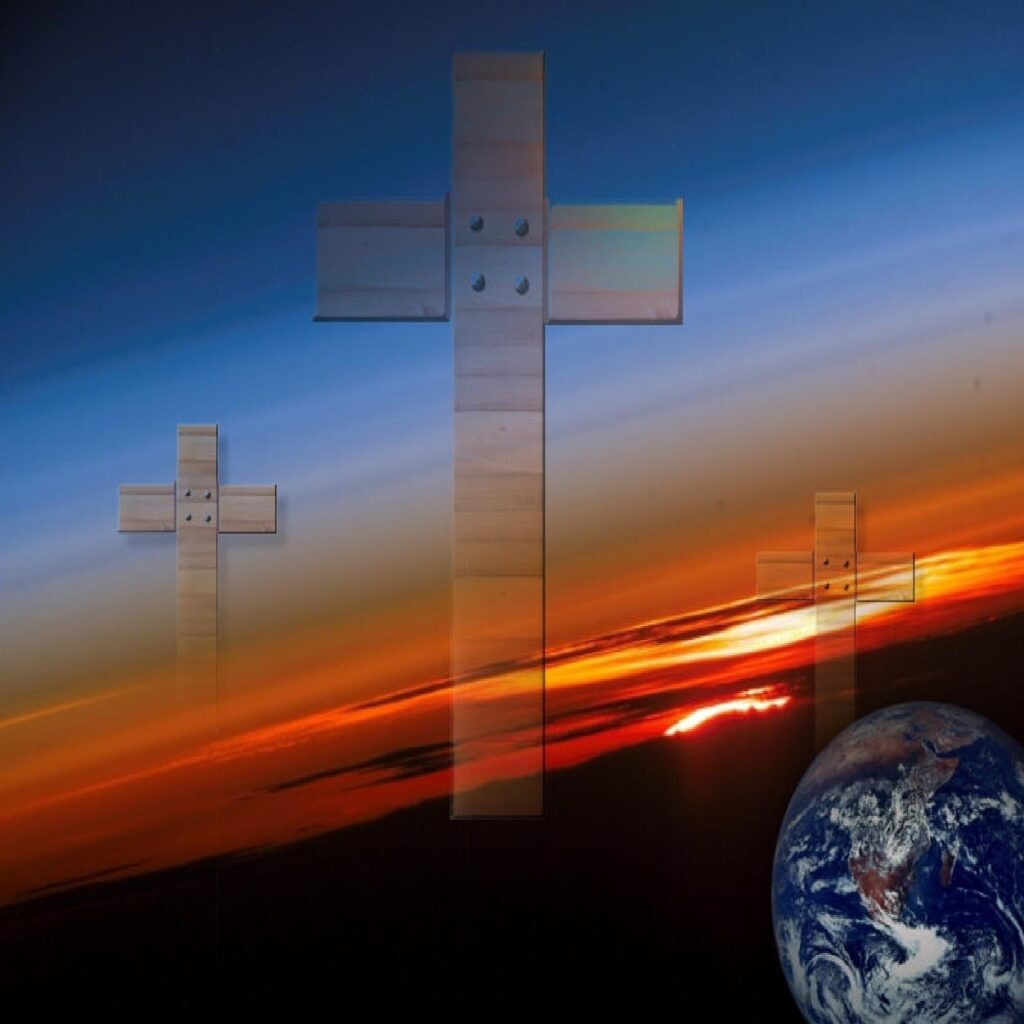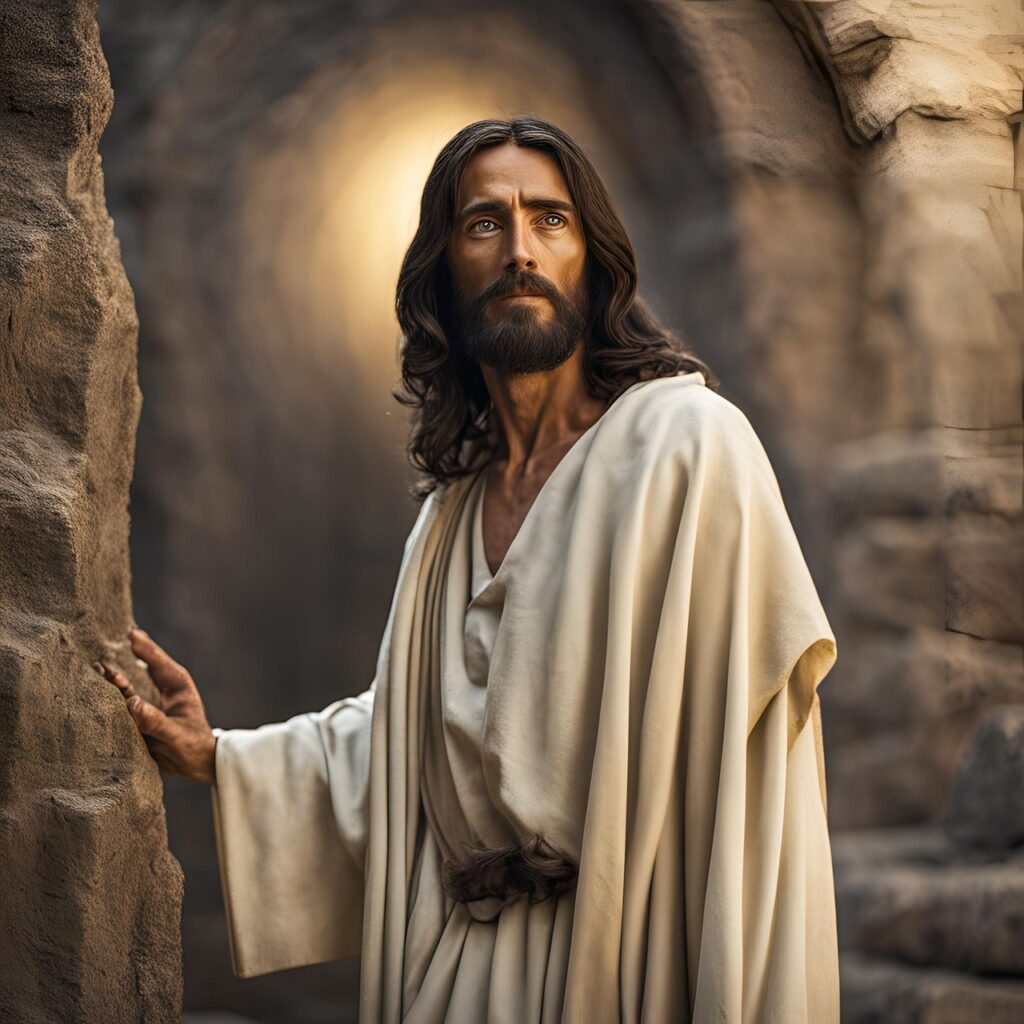Reflection by Bishop Enrique Díaz: “The Lord has shown us his love and loyalty”
VI Sunday of Easter

Mons. Enrique Díaz Díaz shares with Exaudi readers his reflection on the Gospel of this Sunday, May 5, 2024, titled: “The Lord has shown us his love and his loyalty.”
***
Acts 15, 25-26. 34-35. 44-48: “The gift of the Holy Spirit has also been poured out on the pagans”
Psalm 97: “The Lord has shown us his love and his loyalty”
I Saint John 4, 7-10: “God is love”
Saint John 15, 9-17: “No one has a greater love for his friends than he who gives his life for them”
There are people who, not having grown up Catholic, come to ask what the requirements and main obligations of a convert would be. They imagine a lot of requirements and many obligations. So I like to quote this passage from Jesus and highlight his words: “This is my commandment: that you love one another as I have loved you.” As simple and as big as that!
Perhaps it causes us confusion because we have understood love as a feeling that springs spontaneously from the heart, and we even say that the heart is not in charge. It is true, if you understand love only as passion, as feeling beautiful, as attraction. But Jesus teaches us that love can be lived as a decision, an option that goes far beyond attraction. He teaches us this with his life and with his attitude, with the love that he has for each of us. There is no reason for him to love us, we have not done anything to deserve his love… sometimes we have even done the opposite, and yet he loves us. And this is the love that he asks of us. It is not the easy and honeyed love of pleasure, but the love of decision, of dedication, of commitment. It is that love that overcomes the difficulties of coexistence and is based on a decision to always seek the good of the other. It cannot degenerate into that jealous and possessive love, and retribution for what we are giving. Likewise, it is the failure of many lovers, parents, educators: love is given, but conditional on being loved. The love of Jesus is unconditional, and he proposes that we love the same as Him. That love can even break the barriers of hatred, of differences, of conveniences. Today we can immerse ourselves in that love that Jesus has for us and that assures us that he offers us freely, as friends to whom everything that is in the heart is communicated.
As if revealing the great secret to us, Jesus assures us that the ultimate motive that has driven him throughout his life is love. The beginning is the love of the Father: “As the Father loves me, so I love you.” His is the initiative, therefore, He loves and sends his Son freely. His love gives him identity and mission. The Son is so full of love that he becomes a visible face and human warmth so that we can look at him, experience him and touch him. It is like a great circuit that begins with the love of the Father, which continues with Jesus himself, embraces us with his love, drives us to love one another, and again returns to the loving realm of the Father. It is a commandment, it is true, but much more than a commandment it is the experience of feeling loved and not being able to drown within ourselves that strength that Jesus himself inspires and gives. Very far from the selfish and interested loves in which we humans ordinarily move. This great love does not create servants, it does not enslave, it liberates and gives life.
Any love that enslaves is not true love. Submission and struggle as a couple where one of the two ends up depersonalized is not love. Manipulating friends for one’s own interests, commercial or political purposes is not love. Love is not the irresistible attraction of sexual passion that, once satiated, leaves the person used orphaned. Any expression that enslaves, that dominates, that turns people into servitude is not love. Jesus is very aware of this, and that is why he affirms: “You are my friends. Not servants, friends because I have made known to you everything that I have heard from my Father.” Friendship and love are based on trust, dialogue, knowledge and mutual respect.
Jesus’ thought is clear: if there is no love, there is no life. He who loves finds meaning in his life. And when Jesus offers himself to us as a model, he broadens our horizons. He does not close himself in our petty searches for love based on convenience, beauty and grace. He relies on gratuitousness as a gift. Furthermore, he is not looking for a pleasant face or an attractive body, he loves us freely and generously: “It is not you who have chosen me.” He has chosen us, and today we must discover ourselves loved by God in the concrete face of Jesus, in his surrender, in his forgiveness and in the tireless search for him when we are not by his side. Today I allow myself to be impregnated with this love, I soak up its joy and I too prepare to love. Whoever has a heart full of love spreads it to others. If he doesn’t do it, it is a lie that we love. It is the best sign that we are Christians, and we look like God because God is love. The love we give each other will be a pale reflection of the love that God has for us.
True love produces joy and the disciple, knowing that he is loved, will manifest great joy. Joy is the smile of God in our lives. The “beloved of God” with withered faces, negative attitudes and pessimistic feelings are not understood. If God loves me, why should I be sad? Certainly, true joy is not easy, we are used to easy laughter and superficial joy. What Jesus proposes to us is that happiness that is found deep within us, because we recognize ourselves as loved by God and because we want to make everyone participate in that same happiness. On the contrary, the world offers us a joy that is born from the pain of others and the certainty that others cannot have what we have. The love of Jesus is contagious and that is why only those who make a happier world are happy, only those who know joy, those who know how to give it; He only has true life, who is capable of giving life, and he only feels like a friend, not a slave, who he loves. Today I allow myself to be invaded by this love and I review what my love for others is like.
God, our Father, who in Jesus of Nazareth, our brother, has shown us your love, free and universal, grant us to experience this great love and make it life for our brothers. Amen.
Related

Reflection by Bishop Enrique Díaz: The Lord’s mercy is eternal. Alleluia
Enrique Díaz
27 April, 2025
5 min

After Eight Days Jesus Arrived: Commentary by Fr. Jorge Miró
Jorge Miró
26 April, 2025
3 min

The Perspectivas del Trabajo Foundation is founded with the aim of promoting virtues for professional development
Exaudi Staff
25 April, 2025
2 min

Reflection by Bishop Enrique Díaz: Alleluia, alleluia
Enrique Díaz
20 April, 2025
5 min
 (EN)
(EN)
 (ES)
(ES)
 (IT)
(IT)

